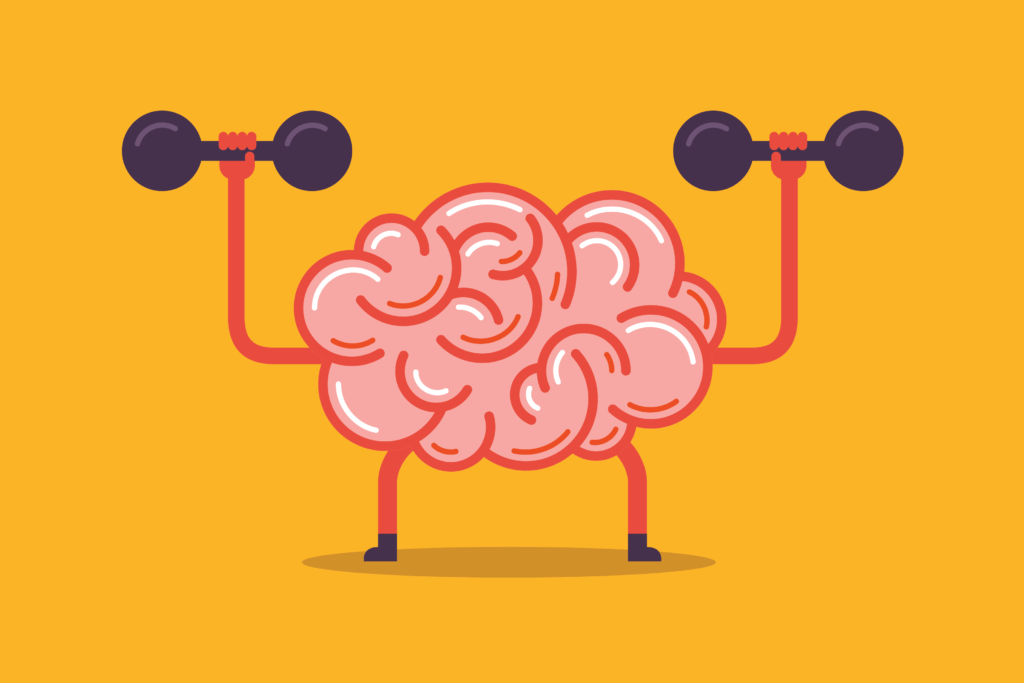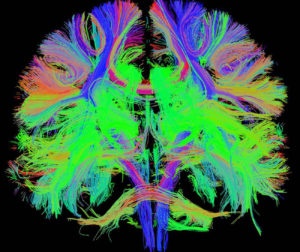If you feel like a mindset novice, before reading this article, you might find value in reading these two articles:
- What are Mindsets & Why are They Foundational to Our Success?
- Research-Backed Benefits of Possessing a Growth Mindset
They lay the groundwork for why we need to focus on developing more of a growth mindset.
Growth and Fixed Mindsets
We possess a growth mindset when we implicitly believe that we and others can change, develop, and improve our talents, abilities, and intelligence.

We possess a fixed mindset when we implicitly believe that we and others cannot change, develop, and improve our talents, abilities, and intelligence.

These mindsets are filters that we view life through and because they cause us to see and interpret our world differently, they cause us to think, learn, and behave differently.
For example, those with a growth mindset are mentally primed to value learning and development, inclined to take on challenges, and more likely to exert effort and persist to accomplish difficult goals.
On the other hand, those with a fixed mindset are mentally primed to value looking good and protecting their image, inclined to back away from challenges, and not likely to exert effort and persist when goals become difficult.
Developing More of a Growth Mindset
To understand how to develop more of a growth mindset, we must understand what exactly mindsets are. They are neural networks in our prefrontal cortex.

You see, our senses (e.g., sight, taste, sound) send their signals to our prefrontal cortex. Because our senses send more information to our prefrontal cortex than we can effectively process, we rely upon our mindsets, or specific neural networks, to filter out information that our mindsets deem to be most important. The information that our mindsets absorb is then interpreted in ways unique to our mindsets (e.g., failure needs to be avoided vs. failure is an opportunity to learn and grow). Once the select cues are interpreted, it activates different elements of who we are (e.g., personality, goals, self-regulation) for further processing and action.
This means that when we talk about developing more of a growth mindset, we are actually talking about strengthening the neural connection in our prefrontal cortex associated with a growth mindset.
Strengthening our growth mindset neural connection
Our neural connections in our prefrontal cortex are not too different from muscles. The more they get exercised, the stronger they become. And, the stronger they are, the more we rely upon them when filtering information.

So, if we can exercise and strengthen our growth mindset neural connections, we will rely upon them more when filtering the information our senses absorb.
But, just as going to the gym once doesn’t make one strong, exercising our neural connections intermittently will not lead to us consistently relying upon our positive mindset neural connections. If we want long-term improvements in our mindsets, we have to intentionally and consistently work out our more positive mindset neural connections.
We should expect that as we strengthen our growth mindset neural connection that we will naturally see challenges and failure more and more as opportunities to learn and grow and less and less as things that might tarnish our self-image.
Exercises for our growth mindset neural connection
Global Exercises
Swimming is one exercise that strengthens a number of different muscle groups in our body.
Similarly, meditation is an exercise that strengthens our different positive mindset neural connections.
Meditation, over time, improves our (1) cognitive flexibility to move away from our more dominant negative mindset neural connections, and (2) cognitive capacity to explore relying more upon our less dominant positive mindset neural connections.
If you are a meditation novice, I think the best tool to get you started is the Headspace app, which comes with a great free introductory series.
Specific Exercises
The following are various examples of specific exercises that have been proven to improve our mindsets:
- Learn more about growth mindsets
- Read Success Mindsets by yours truly
- Read Mindsets by Carol Dweck
- Read these articles:
- Watch videos that promote a growth mindset
- Improve your self-talk
- Review this online article for a wide variety of ideas: https://www.teachthought.com/learning/25-simple-ways-develop-growth-mindset/
- Journal
- Write about a time where you took on a challenge, failed, and grew because of your experience
- Think about a time where you took on a challenge, failed, and didn’t grow because of it. Write down why you didn’t grow through the experience, and what you could have done differently to grow from it if you had a “do-over”
- Take on small challenges and create small wins
- For example, if you don’t feel like you are a very good cook, try to make something relatively easy. Every week, enhance the degree of difficulty slightly. And, when things do not go well, don’t avoid making that dish. Instead, keep trying to make it until you excel at it.
- Talk to others about growth mindsets
- Questions to ask or answer:
- What is your understanding of a growth mindset?
- What is the difference between a growth mindset and a fixed mindset?
- How has a fixed mindset prevented your success?
- How has a growth mindset elevated your success?
- Who is someone that you know that has a fixed mindset? How does that limit them?
Who is someone that you know that has a growth mindset? How does that empower them?
- Questions to ask or answer:
The more you regularly engage in these activities, the more you will exercise and strengthen your growth mindset neural connection, and improve your ability to see, interpret, and respond to your world in more successful ways.










